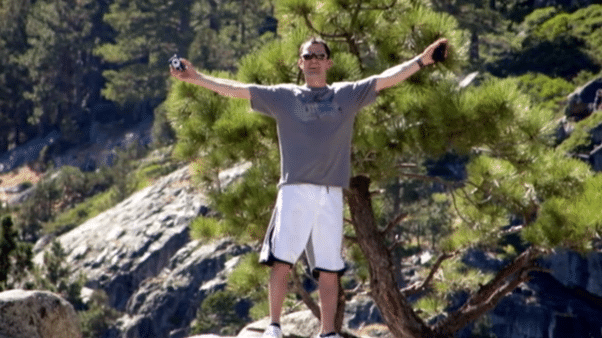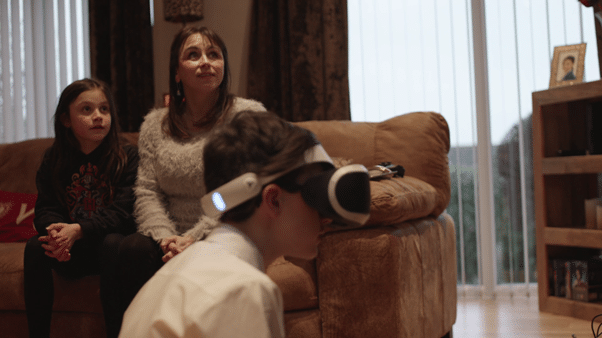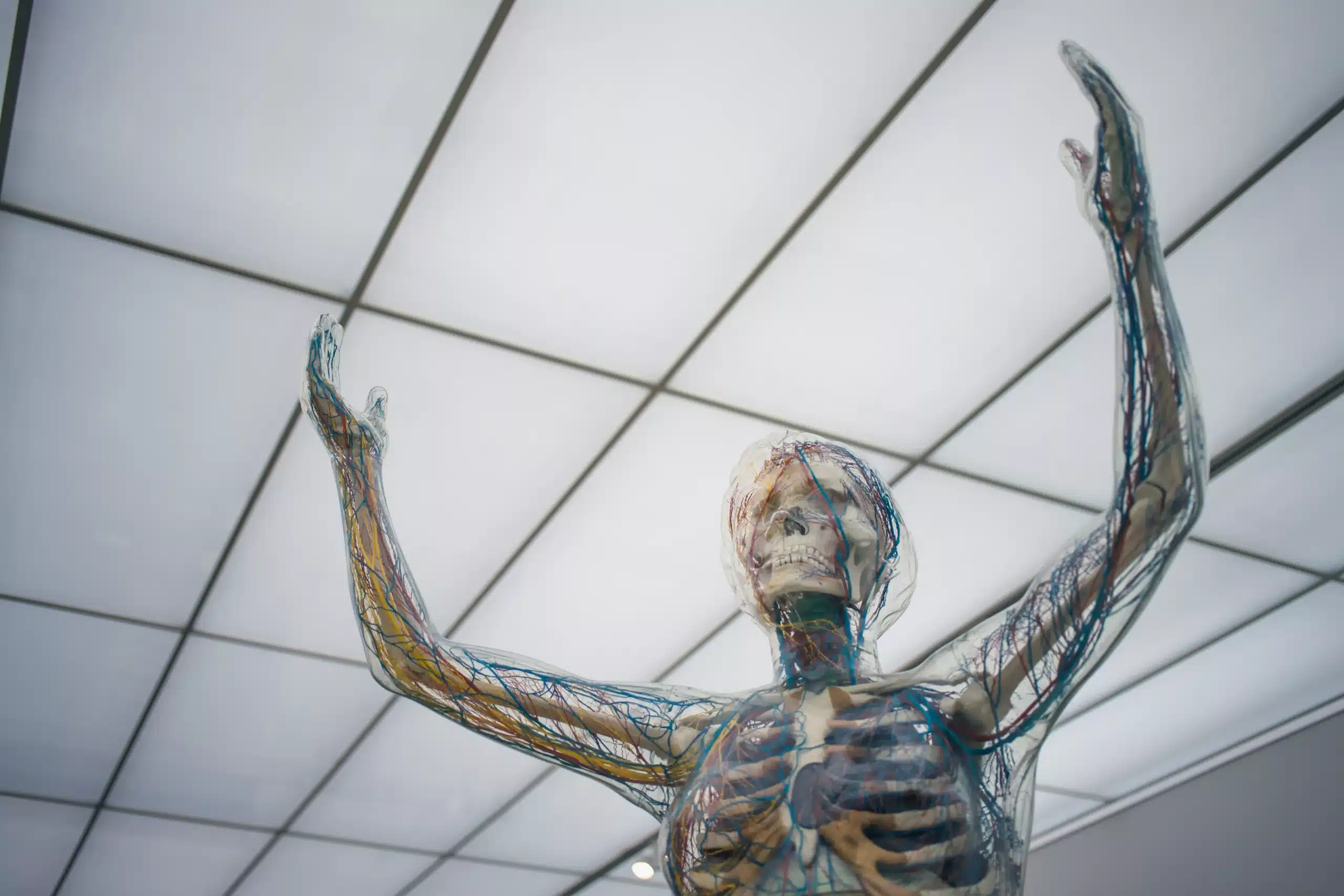
 " alt="">
" alt="">

Reviewed by
Peter Rigby - Director of Medical Negligence
We've got your Failure to Remove Foreign Objects Claim covered
- No win No fee
- Not just lawyers - real specialists
- No obligation
- UK's highest-rated medical negligence solicitors
Although the need for surgery has seen a rise in the last couple of years, for a variety of reasons, it also means that surgeons are becoming more skilled and practised in their chosen fields, technically allowing for less errors. However, mistakes during surgery do happen, and these kinds of mistakes can include a failure to remove foreign objects from your body. If you have been victim to this, and the mistake has caused direct harm to you, you may be entitled to compensation.
It can be very distressing to be told that further surgical procedures are required to rectify a mistake made during surgery. Naturally, we have come to expect a high level of care when it comes to surgical procedures, and expect that the procedure will result in a positive outcome. When this does not happen, it can be devastating for those affected.
In most instances, the person you would be looking to claim against would be the person who you feel has been negligent towards you. This may be the surgeon themselves, any assisting medical staff or the hospital trust. Proceeding with this claim is something that we can support you with, and handle all of the paperwork and investigation on your behalf.
The types of foreign objects that you may be able to make a claim for are:
- Small cameras and other visual items
- Operating tools
- Tubes and other equipment
- Swabs and other gauze type items
Find out if you
have a claim
Take the 10-second claim test
Free Advice
03300 080 352
claim form
We're the highest-rated No Win No Fee medical negligence solicitors on Trustpilot
What to do when surgery is deemed negligent
Every surgeon has a duty of care to perform your surgery to the highest possible standards. When there is failure to remove foreign objects during a procedure, then the surgery could be deemed negligent and you may be entitled to compensation.
This type of negligent action can be incredibly distressing for those involved. Additional surgeries are required to rectify the mistake, and that means going under the knife for at least a second time. This comes with additional psychological impacts, as well as the added pressure on your body to withstand further procedures.
Complications from a failure to remove foreign objects include:
- Further surgeries to rectify the mistake
- Greater risk of infection and complications
- Additional pressure on your body
- Psychological damage caused by the distress
When something as distressing as this happens, it is important to work with a medical negligence expert who understands the intricate and complex world of medical law. We have many years of experience handling negligence cases and helping to bring about justice for those who need it most.
At Patient Claim Line, we understand the undue stress that cases of medical negligence can put on your life. We are here to take the stress out of making a claim and getting you back on track. Our team of highly qualified professionals are just a phone call away to fight on your behalf and get you a fair outcome.
Why Choose Patient Claim Line for your Failure to Remove Foreign Objects Claim?
Not just lawyers — medical negligence experts
Patient Claim Line was established in 2014 and consists of a team of medical lawyers specialising in cancer negligence and general medical negligence claims.
At Patient Claim Line we have more than 100 solicitors with a combined experience of over 400 years and they will work on your behalf to achieve the best result possible for you.
It’s not enough to use a solicitor who sometimes covers medical negligence. You need someone who knows this area through and through. That is what the solicitors here at Patient Claim Line do. They deal exclusively in this area of law and are experts in the field.
Frequently asked questions about Failure to Remove Foreign Objects Claims
Our expert legal team answer your questions about making a Failure to Remove Foreign Objects Claim
If a foreign object is left within the body following surgery, it may have implications upon your health. It can lead to new injuries or even make your existing condition worse.
Even when a foreign object has finally being removed from your body, you may still be entitled to compensation. Although you may not have been affected physically, you may have suffered psychologically. Having a surgery can be a stressful time, when a foreign object is left in your body, it can become incredibly distressing which could have been prevented.
Symptoms of having retained a foreign object during surgery can be wide ranging. Some who retain object may not have any symptoms at all, others may feel pain, contract an infection or more seriously suffer organ failure.
Meet our Failure to Remove Foreign Objects Team
Case Study
Sarah's Story
"Now we have peace of mind"
My husband, Nick, went back and forth to the doctors for a long time and tried everything the doctor recommended. But his illness got worse, to the point that he was in agony.
In the end we got so desperate that we asked for a referral. The doctor was reluctant, so we had to consult a private hospital. That’s when we found out there was a tumour. It took years from the onset of his illness to finally start cancer treatment.


He used to be a man with a lot to live for, but in the end he was in so much pain that he withdrew from the family. He became angry that nobody had helped him sooner, and the legal team were able to give him the validation that he was desperately seeking. The NHS confirmed if they had done more, Nick would still be alive today.






